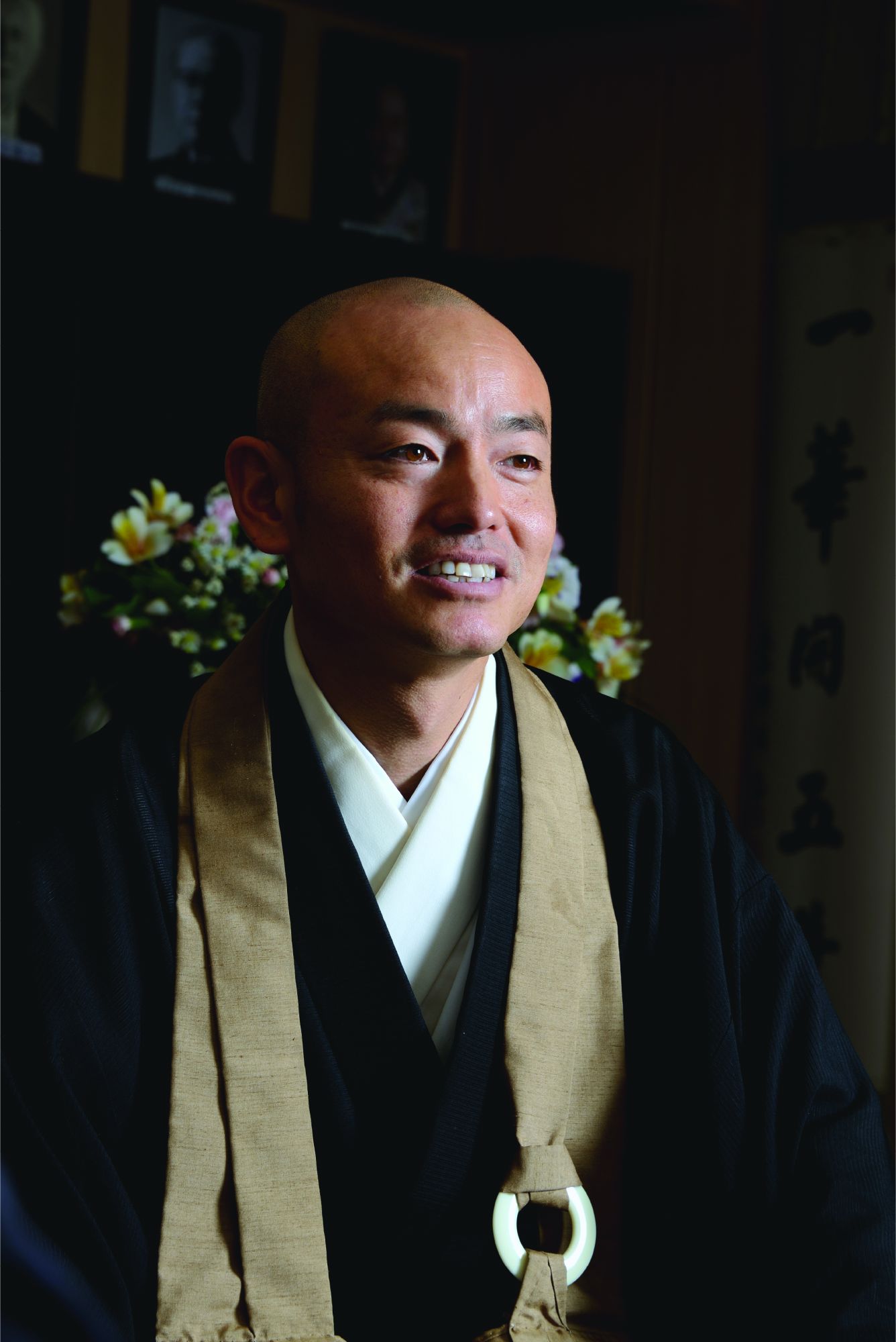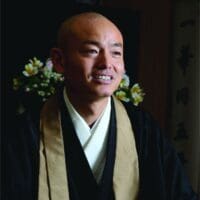
Masaki Matsubara, Ph.D. Masaki Matsubara is a scholar of Japanese religions at the East Asia Program at Cornell University and is also a Japanese Rinzai Zen priest. Following his Zen monastic training, he received his M.A. in Asian Studies and Ph.D. in Asian Religions from Cornell University. His doctoral dissertation focused on Zen master Hakuin Ekaku (1686–1769), a seminal figure occupying a prominent place in the history of Japanese religion.
Matsubara’s research examines issues regarding identity, memory, and authenticity, specifically how these are culturally, socially, and historically developed in the tradition mechanisms of building, reinvention, and maintenance within contemporary Japanese Zen Buddhism (1868– present). His research focuses primarily on a study of the invention of Buddhist traditions and its effects on the identity creation of Buddhist religious figures, with particular emphasis on various historical, social, and institutional forces and factors in a particular historical context that have determined our received images of the past.
Matsubara taught Buddhist studies, East Asian languages and cultures, and religious studies at University of California, Berkeley (2009-2013) and was a fellow at the Ho Center for Buddhist Studies at Stanford University (2013-14). His courses ranged from modern to contemporary topics, including the particular narrative genres of biography, autography, hagiography, and translation. He also currently serves as an adjunct affiliated chaplain with Cornell United Religious Work at Cornell University. He is the head abbot of Butsumoji Zen Temple in Chiba, Japan, supervising a nearby affiliated International Zen Center in Japan and traveling between the United States and Japan to lead seminars and retreats. Matsubara is the author of “Hakuin Ekaku” in Oxford Bibliographies in Buddhism (Oxford University Press, 2014). He currently resides in New York City.



